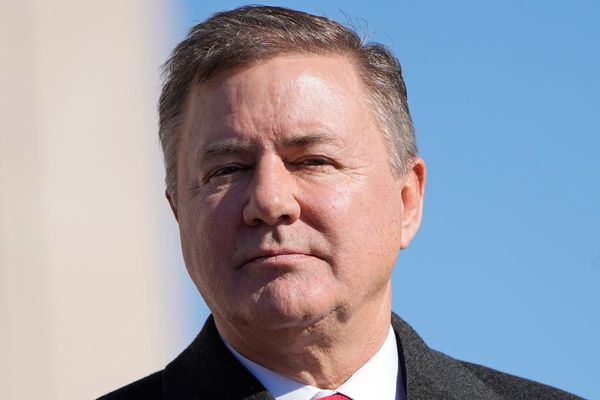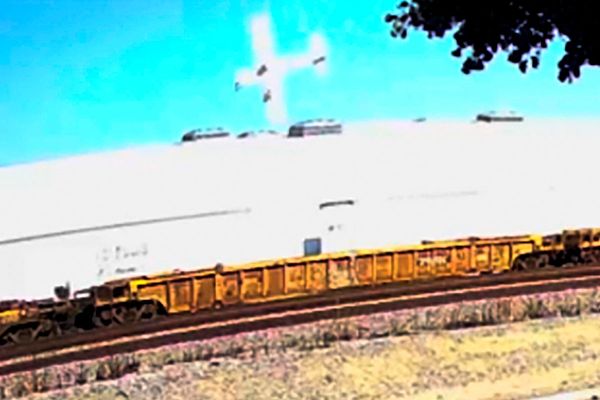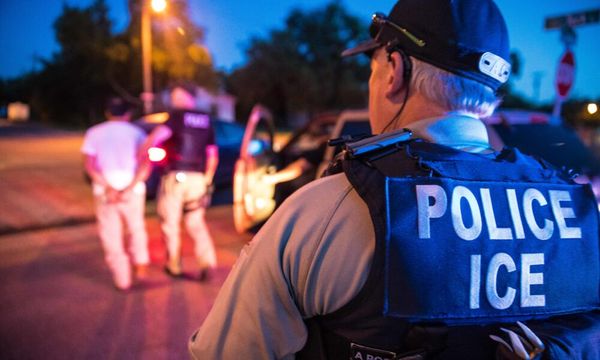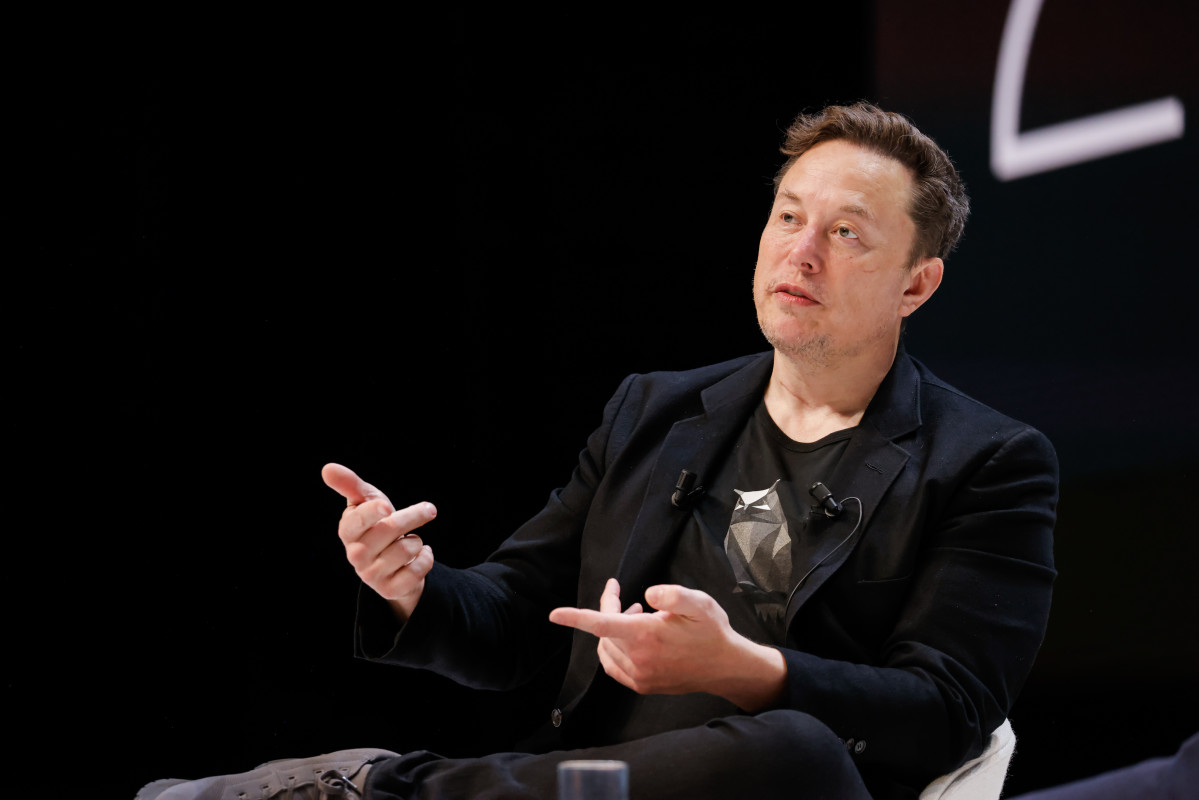
The problem with Tesla is its ambition and its ability to describe its dreams with specific details often collide.
One could see that dilemma at work Tuesday afternoon after the company's second-quarter earnings missed estimates despite record revenue.
And then CEO Elon Musk was vague about when key products would really come to fruition.
The result: Tesla (TSLA) shares, down 2% to $246.38 in regular trading, dropped $24.83, or nearly 8%, after hours to $227.25.
Related: Tesla will start using humanoid robots in 2025
If the $227.25 price holds on Wednesday, the shares would be down 11.4% from its July 16 close of $256.56. While that price was not a record, it was a peak price in a rally that pushed the stock up 85% from its 52-week low of $138.80. The low was reached on April 22.
Tesla was the worst performer of the Magnificent Seven group of stocks on Tuesday. The top Mag 7 stock was Amazon.com (AMZN) , up 2.1% to $186.41.
Tesla's shares slumped because Musk conceded expected dates for unveiling new products would be later than expected and was vague on other issues.
- The unveiling of its Robotaxi. Originally set for Aug. 8, it's been pushed back to Oct. 10. Musk had confirmed earlier reports of the day and repeated the confirmation during during Tuesday's earnings call.
- The first deployments of its Optimus industrial robots might come before the end of 2024 but more likely in 2025.
Tesla reported earnings of 42 cents a share for the second quarter, down from 78 cents in the second quarter of 2023 and off four cents from the consensus estimate of 46 cents. Net income was down 45% from the second quarter of 2023.
Revenue, however, was $25.5 billion, up 2.3% from $24.9 billion a year ago.
The shares take a big dive, then come back
The shares briefly slumped to as low as $179.95, according to Nasdaq data, because investors seemed surprised by a $622 million restructuring charge. A Barrons report said the charge related to layoffs announced earlier in 2024.
That charge inflated the size of the earnings miss. Backed out, the adjusted earnings came to 66 cents a share, better than the estimate, but down 27% from a year ago, Barrons said.
Another issue: Tesla's gross profit margin was just 14.6%, the lowest in five years.
There was good news: Vehicle deliveries in the second quarter were higher than expected, and the battle over Musk's giant pay package is over.
More Tesla stories:
- Analysts reset Tesla stock price targets; robotaxi event in focus
- Tesla Q2 deliveries surprise sends stock soaring despite China slump
- Tesla HQ under tight security after startling 911 calls
But the lack of clarity about the Robotaxi, the use of the robots and vagueness about new Full-Self-Driving (FSD) features on new Tesla vehicles and the availability of a new roadster seemed to weigh most on the shares.
The roadster, Musk said, will be available perhaps next year as engineering issues are resolved.
Tesla has now missed earnings targets for four quarters in a row, analyst Dan Coatsworth of AJ Bell told Reuters.
“There is a lot of talk about robotaxis, humanoid robots and autonomous driving, which provides an exciting narrative for investors," he said. But that "doesn’t get over the fact that these are tomorrow’s potential riches, not today’s."
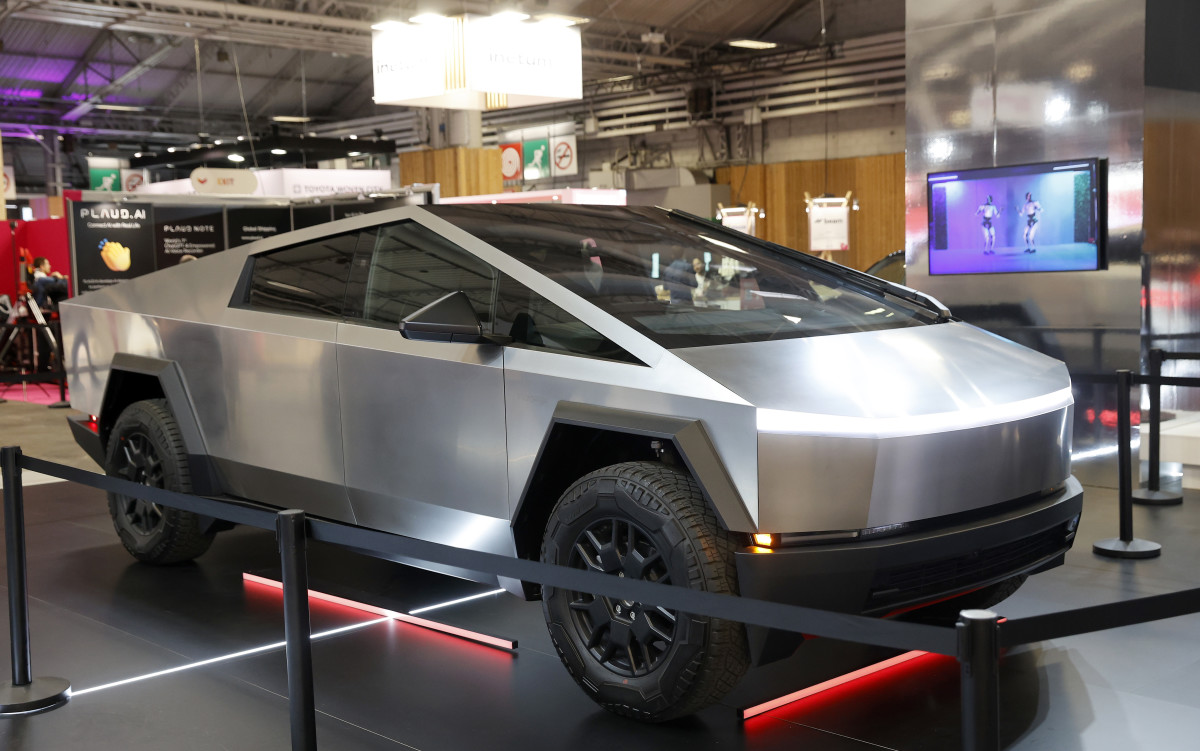
Musk's titanic vision
As Coatworth's comment suggests, Tesla is driven by Musk's gigantic vision for the future. The vision assumes petroleum-powered vehicles will disappear. Most vehicles will offer full self-driving capabilities (though driver supervision is still required).
Then, Robotaxis, when fully available, will make owning a car, for many people around the world, unnecessary.
Musk sees people investing in Robotaxis that would be ordered about by a Tesla-operated artificial-intelligence network. It would retrieve passengers and take them to their destinations at lower costs than, say, a bus or even their personal vehicles.
The profits from this business would create a business worth many trillions of dollars, he said. He likes to use the number $5 trillion and used it in Tuesday's earnings call.
Musk doesn't envision too many regulatory hurdles with getting the Robotaxi operating in Europe and China. The United States will come later.
That assumes the early experience with Robotaxi operations will prove the concept is safer than driving a car yourself.
Meanwhile, Musk conceded that former President Donald Trump's vow to remove federal support for electric vehicles hurt, but his competitors would be hurt more.
Related: Veteran fund manager sees world of pain coming for stocks
